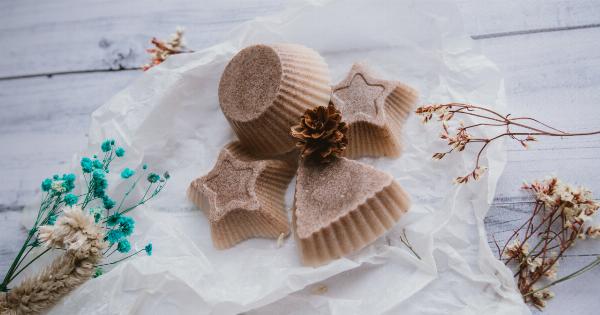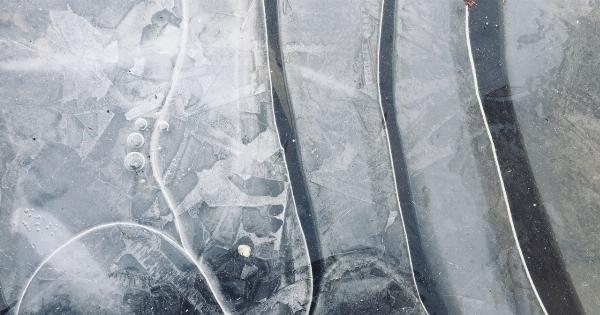As winter approaches, many people experience the frustrations that come with dry, itchy skin. The cold air, harsh winds, and low humidity levels can wreak havoc on your skin, leaving it parched, flaky, and uncomfortable.
However, with a few simple tweaks to your skincare routine and lifestyle habits, you can keep your skin hydrated and healthy throughout the winter season.
1. Hydrate from Within
One of the easiest and most effective ways to combat dry skin in winter is by staying hydrated from the inside out. Remember to drink an adequate amount of water each day, as it helps to replenish moisture levels in your body.
Additionally, consuming foods with a high water content, such as cucumbers, watermelon, and oranges, can further contribute to well-hydrated skin.
2. Switch to a Gentle Cleanser
Using harsh soaps and cleansers can strip your skin of its natural oils, exacerbating dryness. Consider switching to a gentle, fragrance-free cleanser that won’t further dry out your skin.
Look for products that are specifically formulated for dry or sensitive skin.
3. Take Short, Lukewarm Showers
While a hot shower may feel blissful during the cold winter months, it can actually worsen dry skin. Hot water can strip your skin of its natural oils, leaving it dry and irritated.
Opt for short, lukewarm showers instead, and remember to pat your skin dry rather than rubbing it vigorously with a towel.
4. Exfoliate Regularly
Exfoliating your skin helps to remove dead cells and promote cell turnover, which can improve the overall texture and appearance of your skin. However, avoid over-exfoliation, as it can further dry out your skin.
Use a gentle exfoliator once or twice a week to slough off dead skin cells and allow your moisturizers to penetrate better.
5. Moisturize, Moisturize, Moisturize
Invest in a good moisturizer and apply it liberally after washing your face, showering, or whenever your skin feels dry. Look for hydrating ingredients such as hyaluronic acid, glycerin, and ceramides.
Additionally, consider using a heavier moisturizer or even facial oils during the winter months for added hydration and protection.
6. Protect Your Skin
Just because it’s winter doesn’t mean you can skip sun protection. The sun’s harmful UV rays can still damage your skin, so be sure to apply a broad-spectrum sunscreen with an SPF of 30 or higher, even on cloudy days.
Additionally, cover exposed areas of your skin with warm clothing, hats, and gloves to shield it from the cold and wind.
7. Invest in a Humidifier
Heating systems tend to dry out the air indoors, which can further exacerbate dry skin. Using a humidifier can help add much-needed moisture back into the air, preventing your skin from becoming excessively dry.
Place a humidifier in your bedroom or other frequently used areas to maximize its benefits.
8. Avoid Irritants
Certain fabrics, detergents, and skincare products can irritate your already dry skin. Opt for soft, breathable fabrics like cotton and avoid rough, scratchy materials.
Choose fragrance-free and hypoallergenic laundry detergents, and carefully read product labels to avoid any ingredients that tend to irritate your skin.
9. Keep Hydrating Lip Balms Handy
Winter often brings along chapped and cracked lips. Combat this issue by regularly applying a hydrating lip balm throughout the day.
Look for products that contain natural ingredients like beeswax, shea butter, or coconut oil to moisturize and protect your lips from harsh winter elements.
10. Stay Hydrated Overnight
A final tip to combat winter dryness is to use overnight treatments. Applying a thick layer of moisturizer or a hydrating mask to your face before bed can help lock in moisture while you sleep.
Additionally, you can consider using a humidifier in your bedroom overnight to further enhance hydration.






















